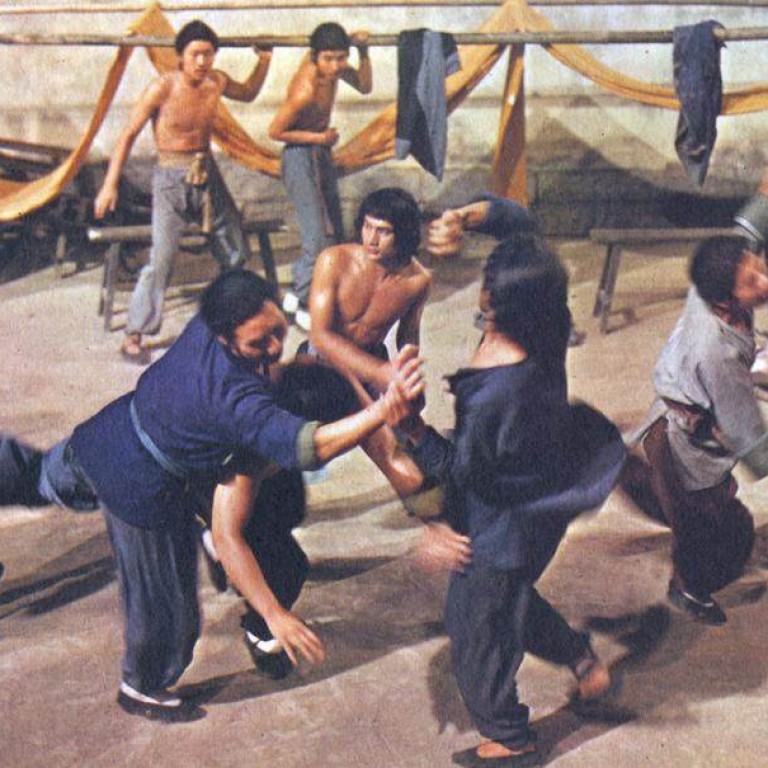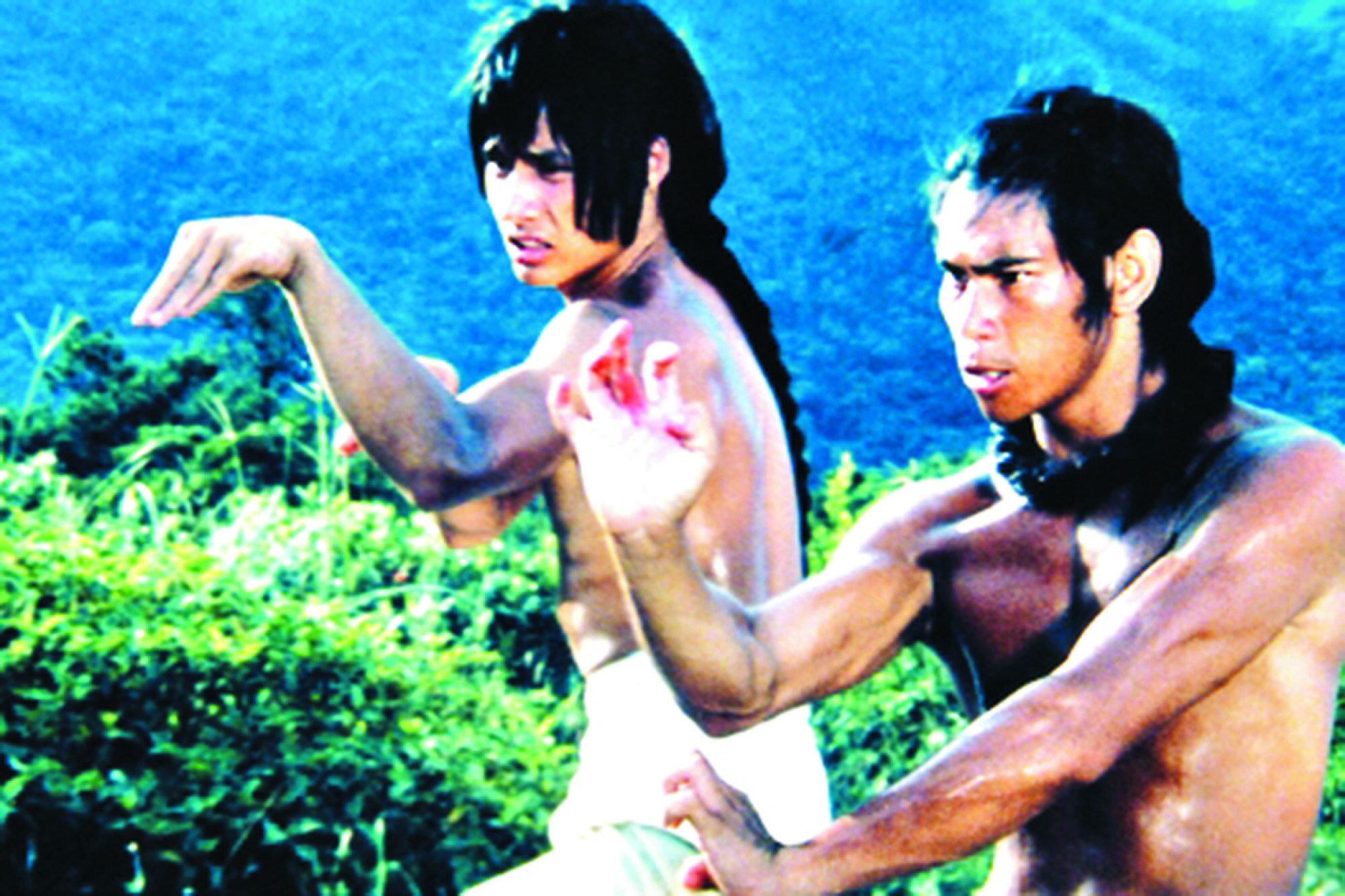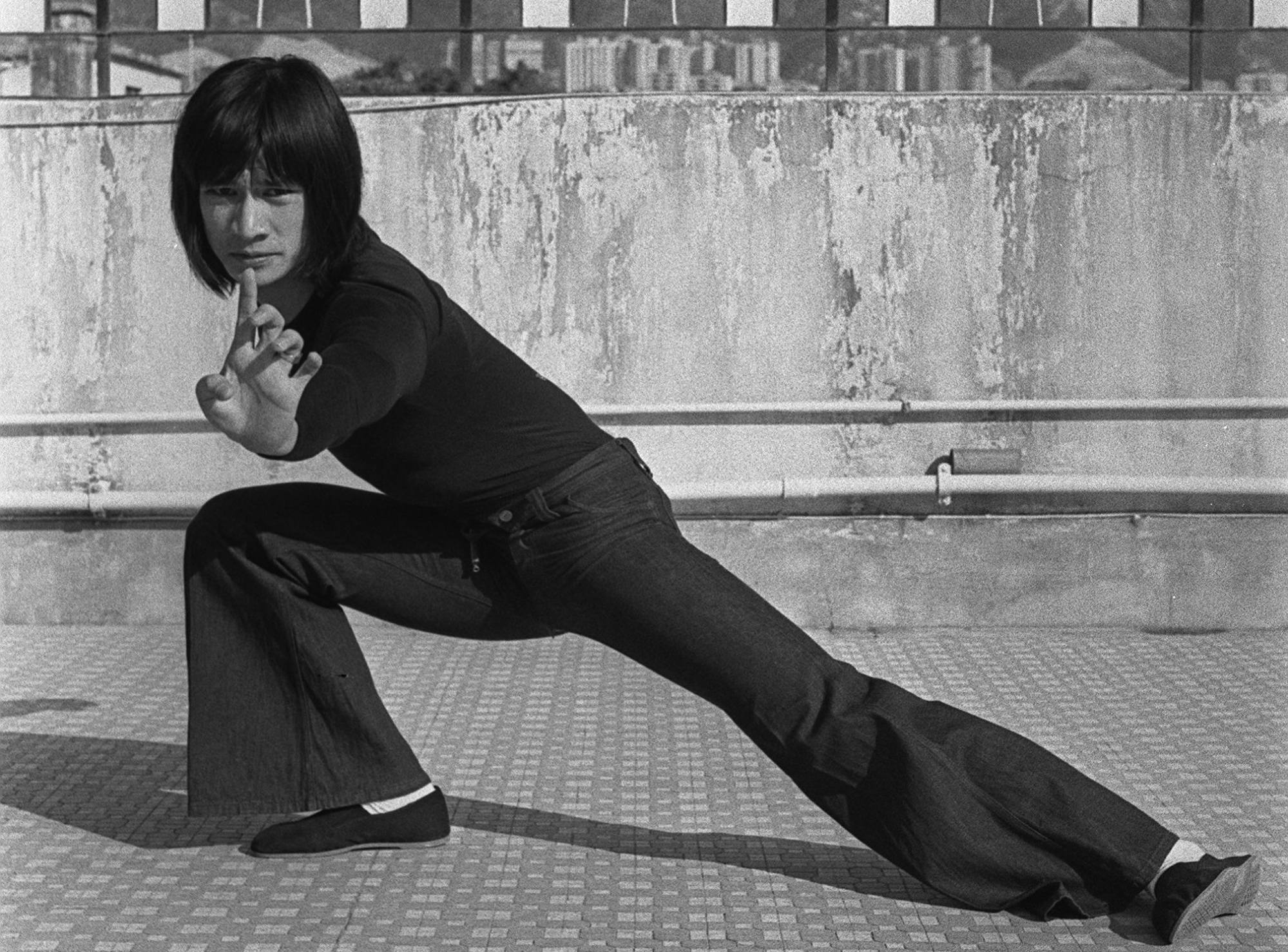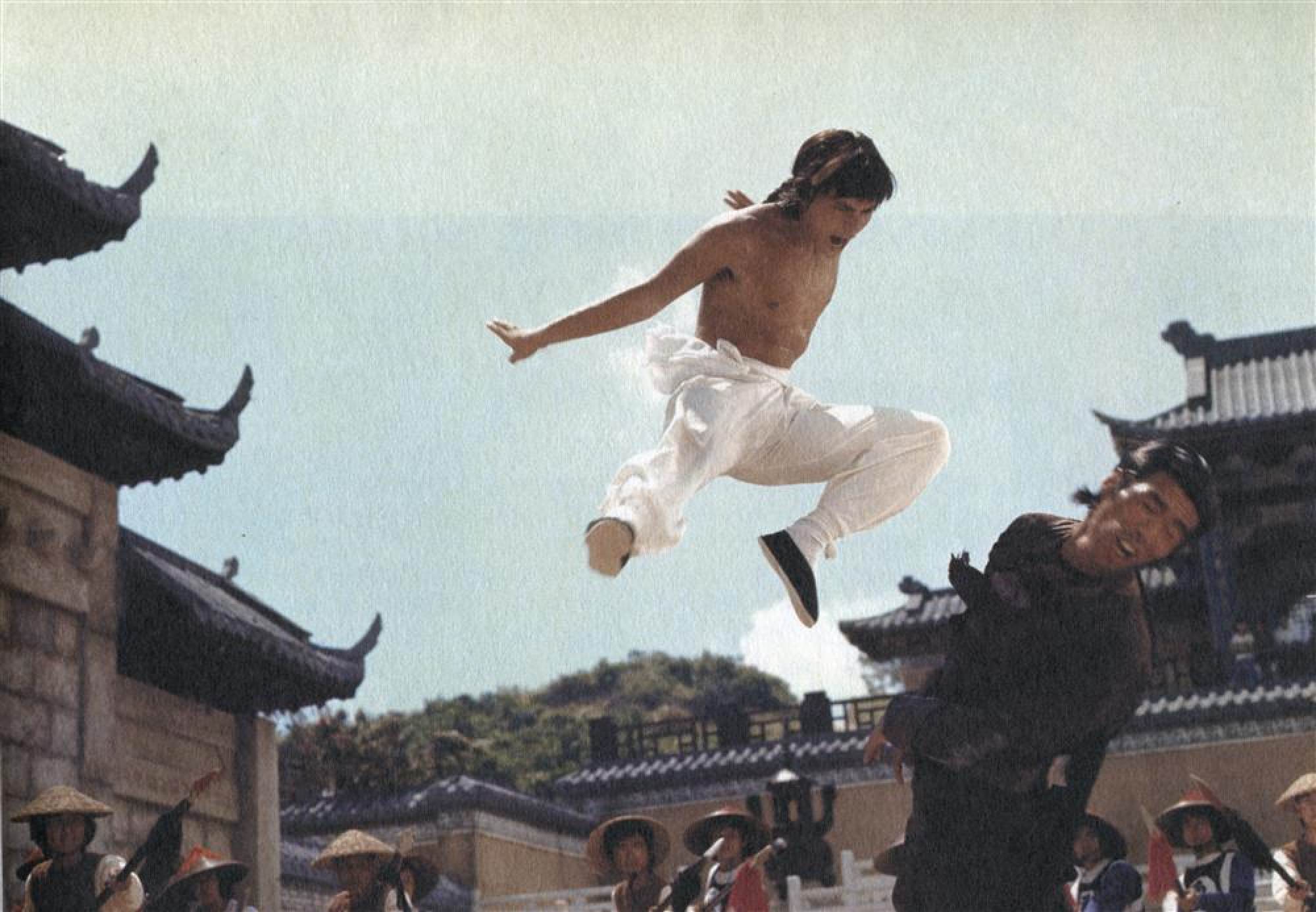
How ‘brilliant’ martial arts actor Alexander Fu Sheng influenced Jackie Chan, Stephen Chow and Andy Lau with his boyish, irreverent style that launched a new movie genre
- Fu achieved celebrity status by marrying television star Jenny Tseng in 1976 but was killed seven years later, at the age of 28, when his Porsche 911 crashed
- His acting gave rise to the ‘brats’ or xiaozi movie genre, best illustrated in his role as a hot-blooded peasant quick to get in trouble in Disciples of Shaolin
Although not well known today, Alexander Fu Sheng was one of the top stars of Hong Kong martial arts films in the 1970s and early 1980s.
He achieved mainstream celebrity status after his marriage to singer and television performer Jenny Tseng in 1976 – Tseng appeared in Fu’s films, and he showed up on her TV shows, prompting comparisons to famed US entertainment couple Sonny and Cher.
Fu’s life was cut short in 1983 at the age of 28, when his Porsche 911 crashed on Clear Water Bay Road. According to report in the Post at the time, 3,000 film fans and 2,000 friends and relatives attended his funeral in Hung Hom.
Although Fu’s acting ability was not highly developed – he could overact, as his mentor Chang Cheh has noted – he possessed an undeniable charisma on screen.
Why Jackie Chan felt need to be better than Michelle Yeoh in Police Story 3
“Alexander Fu Sheng was a brilliant actor,” Chang said in his autobiography, A Memoir. “He was so full of character, and he was adept in both literary and action parts. He also had a good comic sense.
For his teacher Lau he even tried comedy in the popular Legendary Weapons of China, in which he played a supporting role as a con artist skilled in martial arts.
He died during shooting of the film, and Lau changed the storyline to bring co-star Gordon Liu Chia-hui to the fore. But Fu’s performance is still noticeably impressive.
Whenever someone upset him, he fought them, no matter who it was: classmate, teacher, or even the headmaster
As Chang – a director always quick to claim credit for inventing genres (and developing stars) – points out, Fu’s characters were successful because they were the first time xiaozi, a term probably best translated as “brats”, appeared in martial arts films.
“The discovery of the ‘Boy Wonder’ Fu gave rise to a new genre, the xiaozi film,” Chang said. “The term xiaozi is a Mandarin colloquialism that has no Cantonese equivalent. The fact that it entered the corpus of Cantonese colloquialism was a legacy of Fu’s Disciples of Shaolin,” the director said, referring to Fu’s role as a hot-blooded young peasant who is quick to start a fight.

“Another agile and mischievous hero was the third generation [of Chang Cheh’s stars] Alexander Fu Sheng,” wrote esteemed Hong Kong film critic Sek Kei. “His personality was youthful, like a sunny big boy. He was the typical xiaozi.”
By most accounts, Fu was something of a xiaozi in real life. He was born into a wealthy family – his father, Benton, was a businessman in the New Territories – but Fu didn’t show much interest at school, and developed a liking for martial arts at the age of eight.
Later, he indulged in street fighting. “Whenever someone upset him, he fought them, no matter who it was: classmate, teacher, or even the headmaster,” Terrence J. Brady writes in Alexander Fu Sheng: Biography of the Chinatown Kid. He ran away from home in his teens and took to working on a construction site for his uncle, before answering a newspaper advertisement for open auditions at Shaw Bros.

Fu was accepted and trained at the studio’s film school for three years. “He studied acting at the Shaw’s training school to understand movies, so he could succeed at his art. He didn’t work in the film industry because of the money,” Ti Lung, his co-star in Avenging Eagle, said in an interview.
Fu’s first appearance on screen was as an extra in the classic Shaw martial arts adventure The 14 Amazons in 1972, and his first lead role was in Chang’s contemporary actioner Police Force in 1973, in which his character died halfway through.
Chang took a liking to the young actor, and the two developed a bond, which led to 28 appearances for the legendary director. “He used to call me daddy and I didn’t stop him,” Chang wrote. “We also poked fun at each other. It was an obvious thing to do, as he was such a bright and mischievous young man. We communicated perfectly through laughs and jokes.”

Fu died in 1983 when his high-performance car veered off Clear Water Bay Road. He reportedly managed to crawl clear of the wreckage, but died in United Christian Hospital from multiple injuries. Ironically, his licence had been suspended that morning for reckless driving, and his brother Cheung Chung-sing was behind the wheel.
The Post report of his funeral said: “There were so many wreaths that some had been put outside the hall, and even spilled out on to the pavement and across the road.”
